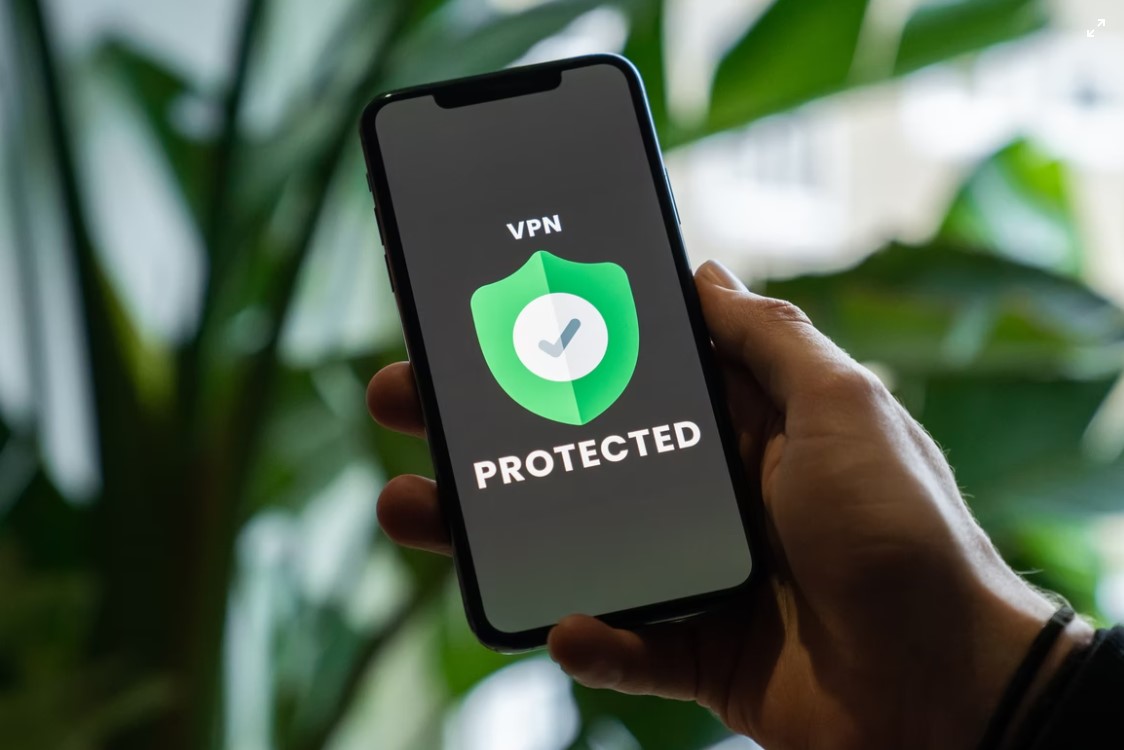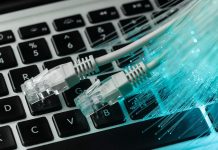
Your bank does everything possible to help keep your money secure and safe. However, banking fraud and stolen identities could still be a major concern, especially if you are prone to using online banking methods. Most people swear by the use of VPN or Virtual Private Networks to help take control of their transactional security needs.
But is VPN really safe for online banking? Can you be tracked with a VPN by hackers?
How Does VPN Safeguard You?
A well-designed VPN can be an amazing tool that gives you access to online banking facilities over the internet in a safe and secure manner. The intricately designed network helps encrypt your sensitive data even before it leaves the device & connects with the World Wide Web. This means no one gets access to the web traffic you generate, and it applies to the online hackers as well as your ISP (Internet Service Provider).
The data generated by you goes to the VPN server. Here the IP address is changed to a random combination of numbers and is also applicable for the location (if needed). This newly generated information then goes to the online destination, which in this scenario is your local bank’s website.
VPN services ensure that the data receiver cannot see the origin of the data generator. So, the answer sure is yes. A VPN service is completely safe for the purpose of online banking.
When Can You Use VPN Services for Online Banking?
Dealing with Sensitive Data & Online Transactions:
Whether it is your money, your client’s payments, or an employee’s salary, a data compromised account could undoubtedly be a major disaster. With no VPN in place for your transactions, sensitive information such as bank details, your name, password, and more could easily be hacked by cybercriminals. Potentially, they can steal your identity or the money in your account.
Using a VPN helps keep the traffic encrypted while ensuring that each transaction made by you is safe & secure from any prying eyes. Several renowned VPN networks ensure that your online activity, data, & browsing history remain safe without being monitored, saved, or shared with the 3rd parties.
When Using Public Wi-Fi:
Getting access to a free Wi-fi network is nothing less than complete bliss. However, as happy as it makes you access public Wi-Fi on your personal laptop for banking transactions might not be a wise move. This is especially risky in case the network comes with no password. In addition, it gives hackers quick access to use the open network for hacking into the device.
There are hackers that could even create an imposter Wi-Fi channel in the public space. It might seem like one among the free Wi-Fi channels, but it could be a fake and dangerous network that serves as a gateway to the device and, finally, your personal banking data.
So, the next time you use public Wi-Fi in order to opt for banking transactions online, ensure that you make use of a secure VPN service provider. This will help hide the IP address and location being used by you originally. Any hackers that have connected with the very same network as yours won’t find a way to channel into your device or hack it.
Mobile Applications to Access Online Banking Services:
Even though mobile devices tend to be difficult to hack as compared to computers or laptops, they could still be a potential victim. Every other day, there is news of people being robbed via newly concocted hacking and phishing techniques.
So, if you are someone who uses mobile banking applications to transfer funds or making online transactions, ensure that your mobile has a VPN service installed. With a reliable VPN service, you can enhance your mobile’s cyber security needs & get access to a safer connection.
When is a VPN not helpful?
Free VPN:
For someone who thinks free VPN services are as safe as the paid ones, you are wrong. While a free VPN might get you access to content that is restricted to your location, it isn’t at all safe for online banking transactions. Free VPN services are loaded with advertisements that record the user’s internet usage behavior, store all your data, and even sell it to 3rd party service providers.
Apart from this, free variants also have a low-cost infra that isn’t designed to support the functionalities needed for a top-notch VPN. Also, they are prone to susceptible IP leaks. This could be an oxymoron if you are using VPN services to protect your IP from potential hackers.
Plus, free VPN services providers also serve a large number of customers. This means the server loading time would sure be higher & the internet speed would go down.
Using a VPN while Changing Locations Continuously to Access Bank Account:
It is for this reason that your bank service provider asks you to notify the authorities in case you plan to leave your country. This is to flag any suspicious activities from IP addresses that do not belong to the country you live in. For example, if the billing address location known by your bank doesn’t match with the IP address, your bank could dub it as fraud & block the card and void any purchases online.
So, when using a VPN, make sure you use an IP that is from your country instead of changing it to other countries.
VPN While Visiting Malicious Websites:
For someone who doesn’t practice caution when using suspicious websites, VPN might not be of great help. This is especially true for websites that have an HTTP URL as opposed to HTTPS. Such websites are likely to be infected with internet malware and can even compromise the integrity of your device.
Conclusion
Even though VPNs are very secure, you should always practice caution when using online banking to ensure your data doesn’t land up with hackers. In addition, always have an anti-virus on your system that is completely updated and never open suspicious-looking emails to avoid phishing attacks. Lastly, always opt for a paid VPN service instead of a free one to ensure the safety of your bank transactions.

With 4+ years of experience working as a journalist, Ford Pascall has gathered ample knowledge and skills in the tech reporting domain. I’m someone who chases after everything new in the tech world and is a perfectionist when it comes to technical reviews.

















